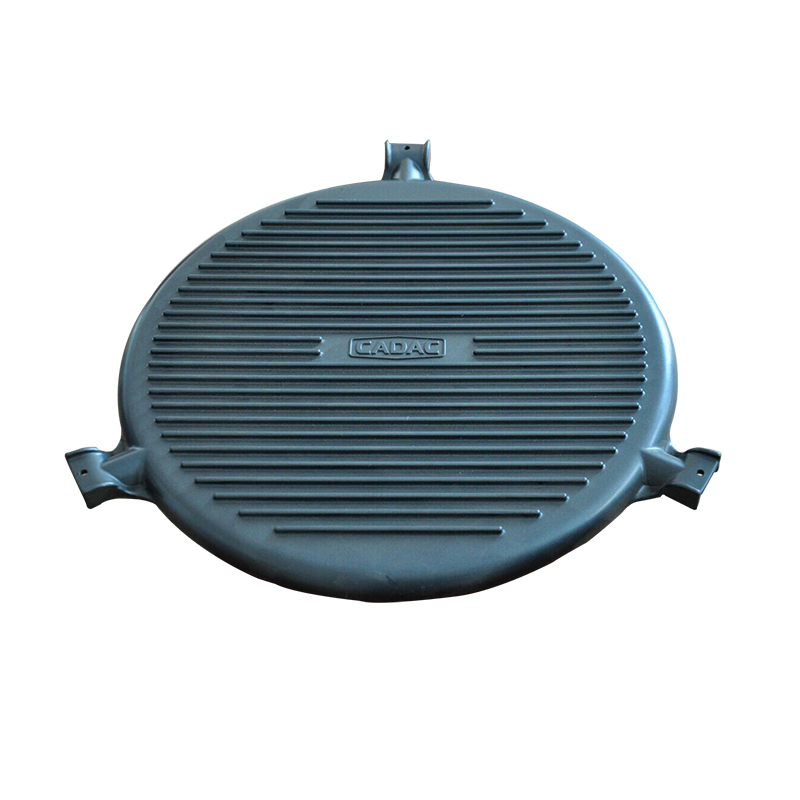When selecting metals for the die casting manufacturing process, several factors should be carefully considered to ensure optimal performance and cost-effectiveness. Here are key considerations:
-
Melting Temperature: Different metals have varying melting temperatures. Choose a metal that aligns with the die casting process capabilities and equipment. Common die casting metals include aluminum, zinc, and magnesium, each with distinct melting points.
-
Material Properties: Consider the mechanical and physical properties of the metal. This includes factors such as strength, hardness, durability, and thermal conductivity. The chosen material should meet the specific requirements of the final product.
-
Alloy Characteristics: Many die casting materials are alloys, combining different metals to enhance specific properties. Alloy selection allows for tailoring the material to meet the desired performance criteria, such as improved strength or corrosion resistance.
-
Casting Size and Complexity: The size and complexity of the part being manufactured impact material selection. Some metals are better suited for intricate designs and thin-walled sections, while others may be more appropriate for larger, simpler shapes.
-
Surface Finish Requirements: Consider the desired surface finish of the die-cast part. Certain metals may naturally provide a smoother finish, reducing the need for additional finishing processes. Surface finish is crucial for both aesthetics and functionality.
-
Corrosion Resistance: Depending on the application, the resistance of the metal to corrosion is a critical consideration. For outdoor or harsh environments, corrosion-resistant alloys like aluminum and certain zinc alloys are often preferred.
-
Thermal Conductivity: Evaluate the thermal conductivity of the metal, especially if the die-cast part will be subjected to temperature variations. Metals with high thermal conductivity, such as aluminum, are suitable for applications where heat dissipation is important.
-
Cost Considerations: The cost of the raw material, as well as the die casting process itself, is a significant factor. While some metals may offer superior properties, they might also be more expensive. Balancing performance requirements with cost considerations is essential.
-
Machine Compatibility: Ensure that the selected metal is compatible with the die casting machines and tools available in your manufacturing facility. Different metals may require specific equipment and die designs.
-
Recyclability: Consider the environmental impact and sustainability of the chosen metal. Metals that are easily recyclable, such as aluminum, contribute to a more eco-friendly manufacturing process.
-
Regulatory Compliance: Ensure that the selected metal complies with relevant industry regulations and standards. This is particularly important in industries where material specifications are tightly regulated.
By carefully evaluating these factors, manufacturers can choose the most suitable metal for the die casting process, optimizing the performance, cost, and overall quality of the final product.




